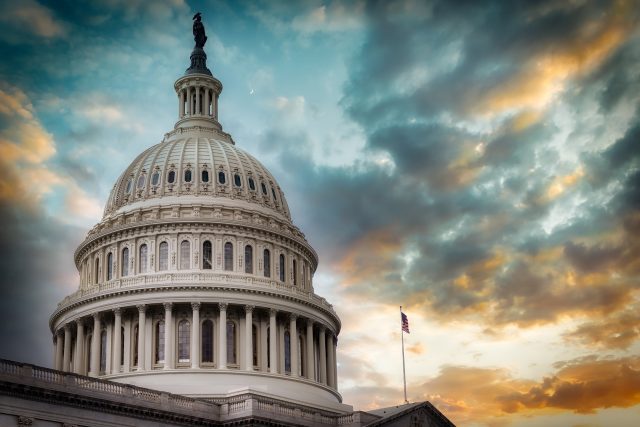
Congress Threatens State-Auto-IRA Initiatives
Alicia H. Munnell is a columnist for MarketWatch and senior advisor of the Center for Retirement Research at Boston College.
Help ensure states can help their workers save for retirement.
I am writing today because state initiatives to improve retirement saving are under threat. Presently, five states are in the process of creating so-called “Auto-IRA” programs that would require employers that do not provide a retirement plan to automatically deposit some of a worker’s paycheck into a retirement account. The programs are voluntary – employees can opt out if they do not want to contribute. These Auto-IRA programs are important because only about half of private-sector employees have retirement savings coverage through their employer and those without coverage typically do not save. These programs make it easier for workers who are not lucky enough to have a plan through their jobs to save for retirement. It would be far better to have a national Auto-IRA program but, in the absence of federal legislation, the states have taken the lead.
Initially, the states at the forefront of this movement faced some uncertainty about whether these Auto-IRA initiatives would be covered by the Employee Retirement Income Security Act of 1974 (ERISA), the federal regulation offering consumer protections to those with retirement plans. While ERISA is a great thing, and the states involved must make sure their programs incorporate its protections, if the programs were covered by ERISA then they might be “preempted” by the federal law. This preemption would mean that the states would not be able to offer their programs. While many lawyers believed such programs would not be covered by ERISA under an earlier 1975 rule, others were worried that, without new language, the programs could be challenged and perhaps struck down.
To eliminate the uncertainty, on August 30, 2016, the Department of Labor finalized a rule, entitled “Savings Arrangements Established by States for Non-Governmental Employees,” making it clear that state auto-IRA plans would not be covered under ERISA. This rule has given added certainty to the five states that are already proceeding and has also encouraged other states and some large cities to consider getting involved.
But now, Congress is considering using its power of review under the Congressional Review Act to get rid of the rule. To be clear, eliminating the clarifying rule does not get rid of the programs or make it impossible to offer them. As noted above, many lawyers did not believe that a clarifying rule was necessary. Eliminating the rule at this point, however, will add uncertainty for the programs that have already started and have a chilling effect on states thinking of offering their own plans. More specifically, getting rid of the rule means that Oregon – on the brink of launching its program – will have to start under a cloud, unsure whether they will be allowed to continue.
So what can we do to make sure states have the freedom to offer these plans with certainty? It seems like a good time for organizations and individuals that support state Auto-IRA initiatives to contact their congressional representatives and let them know that this clarifying rule be kept in place. These programs are a good idea and the threat of federal action should not be allowed to impede the ability of states to expand retirement plans to uncovered private sector workers. And remember, the rule does not say that a state has to offer one of these plans, and it certainly does not require anyone to save for retirement if they do not want to. All the rule does is give states the clarity to offer a program that they believe will help their workers.







